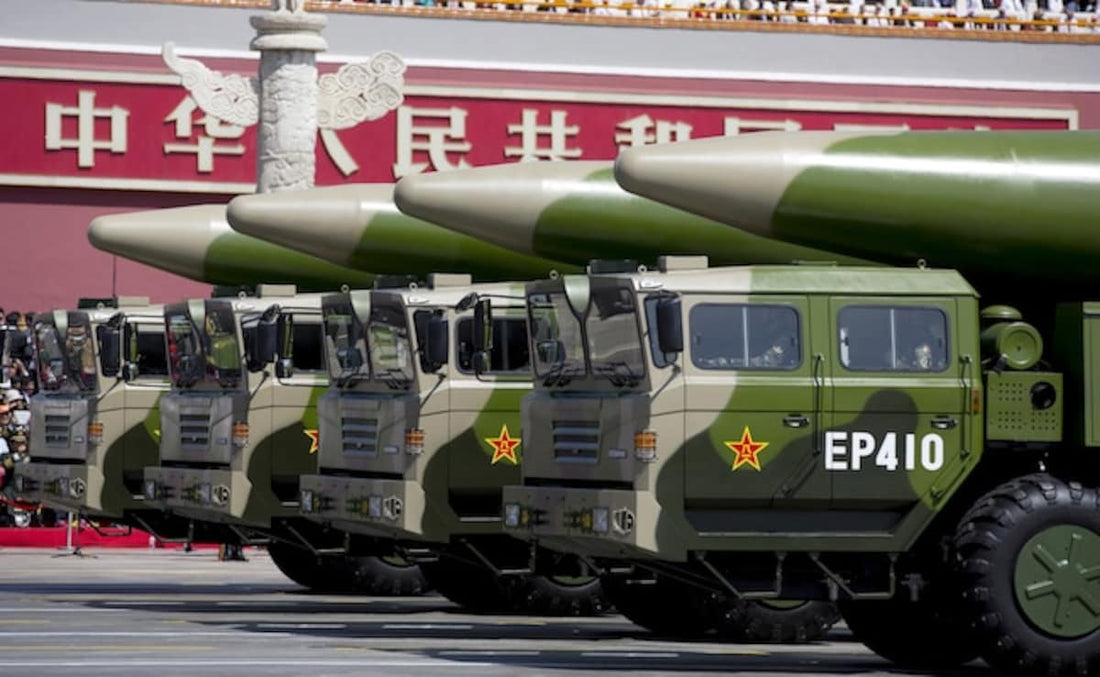US Military Leaders Alert Congress to China's Expanding Missile Threat and Advanced Surveillance Technologies

During a recent Senate subcommittee hearing, senior officials from the United States Air Force and Space Force delivered a stark warning regarding China's expanding missile arsenal and advanced surveillance capabilities. These developments, they emphasized, pose significant threats to both regional stability and global security.
US Secretary of the Air Force Troy Meink and Chief of Space Operations General Chance Saltzman addressed lawmakers, highlighting China's expanding military influence. They detailed the People's Liberation Army's (PLA) extensive missile capabilities, which include:
| Over 900 short-range ballistic missiles aimed at Taiwan |
| Around 400 land-based missiles targeting the first island chain |
| Approximately 1,300 medium-range missiles capable of reaching the second island chain |
| More than 500 intermediate-range missiles that can strike as far as Alaska and northern Australia |
| Over 400 intercontinental ballistic missiles (ICBMs) capable of delivering nuclear warheads globally |
General Saltzman further highlighted China's sophisticated "kill web," an integrated surveillance-strike network. This system incorporates over 470 intelligence, surveillance, and reconnaissance (ISR) satellites combined with advanced weaponry, offering near-instantaneous tracking and targeting capabilities against US and allied forces. The rapid data transmission and automation enable missile strikes within seconds of identification.
“This capability is not just a sensor network,” Saltzman stated. “It’s a system that compresses the decision-action cycle to seconds, creating a dangerous edge in any conflict scenario.”
Despite China's ongoing military modernization, experts from the Stimson Center, referenced during the hearing, believe a full-scale invasion of Taiwan remains a high-risk strategy for Beijing. They noted that such an action could provoke nuclear escalation, domestic unrest, and international backlash. Instead, China is expected to employ coercive measures, such as economic pressure, cyber warfare, and naval blockades, to exert influence over Taiwan without resorting to direct conflict.
The Pentagon officials concluded by emphasizing the necessity for substantial investments in deterrence, stronger regional partnerships, and enhanced space and cyber warfare capabilities to counter China's strategic advancements.
Amid persistent tensions in the Indo-Pacific region, US military leaders underscored the importance of maintaining constant vigilance and agile response strategies to preserve regional balance and secure peace through strength.



















